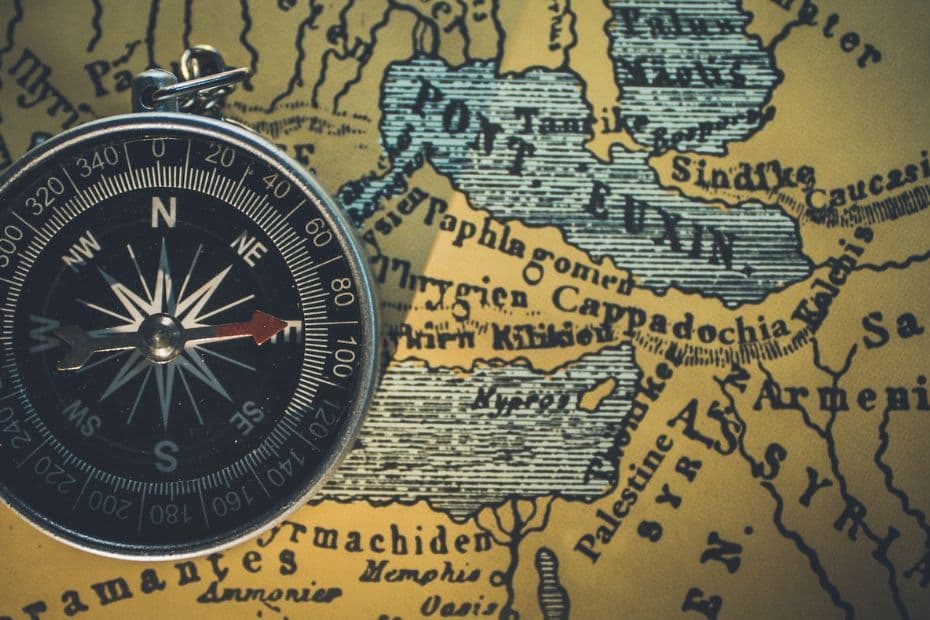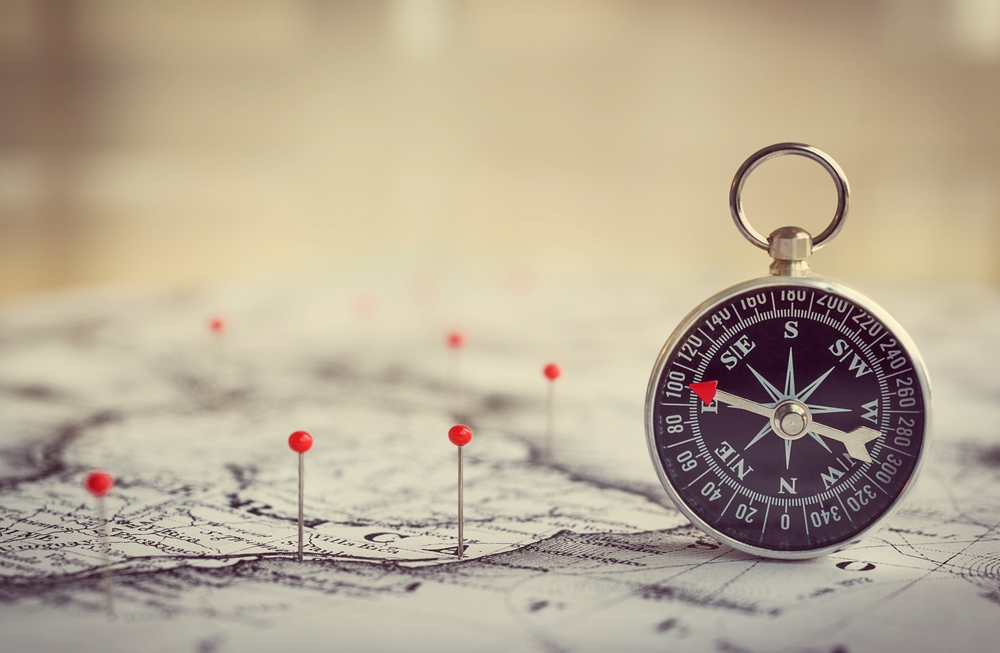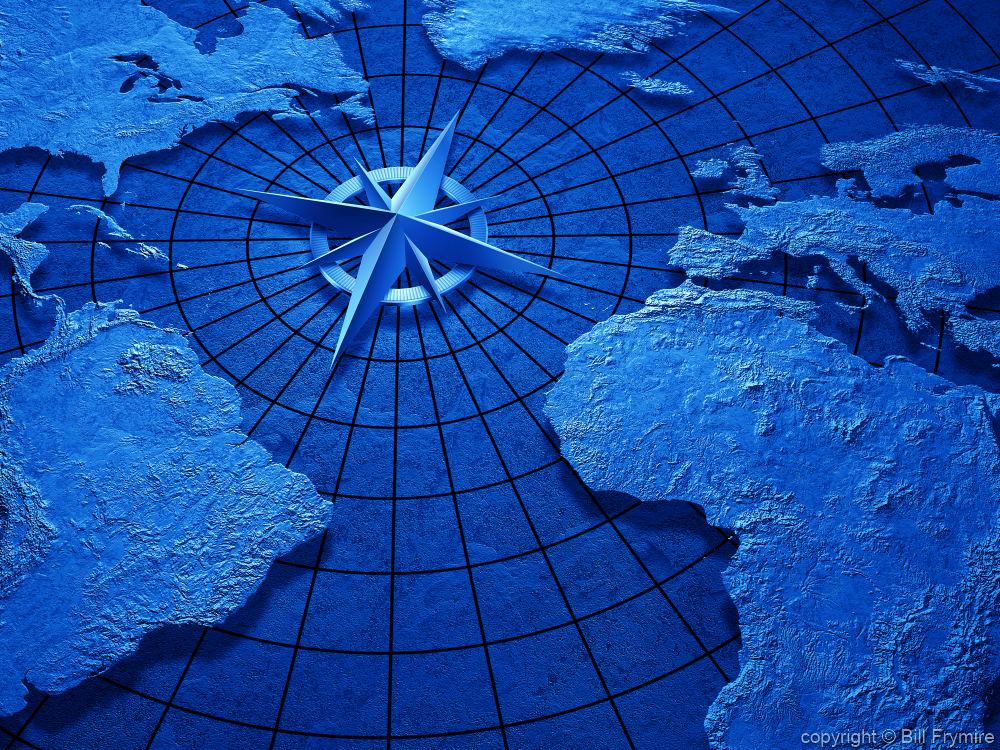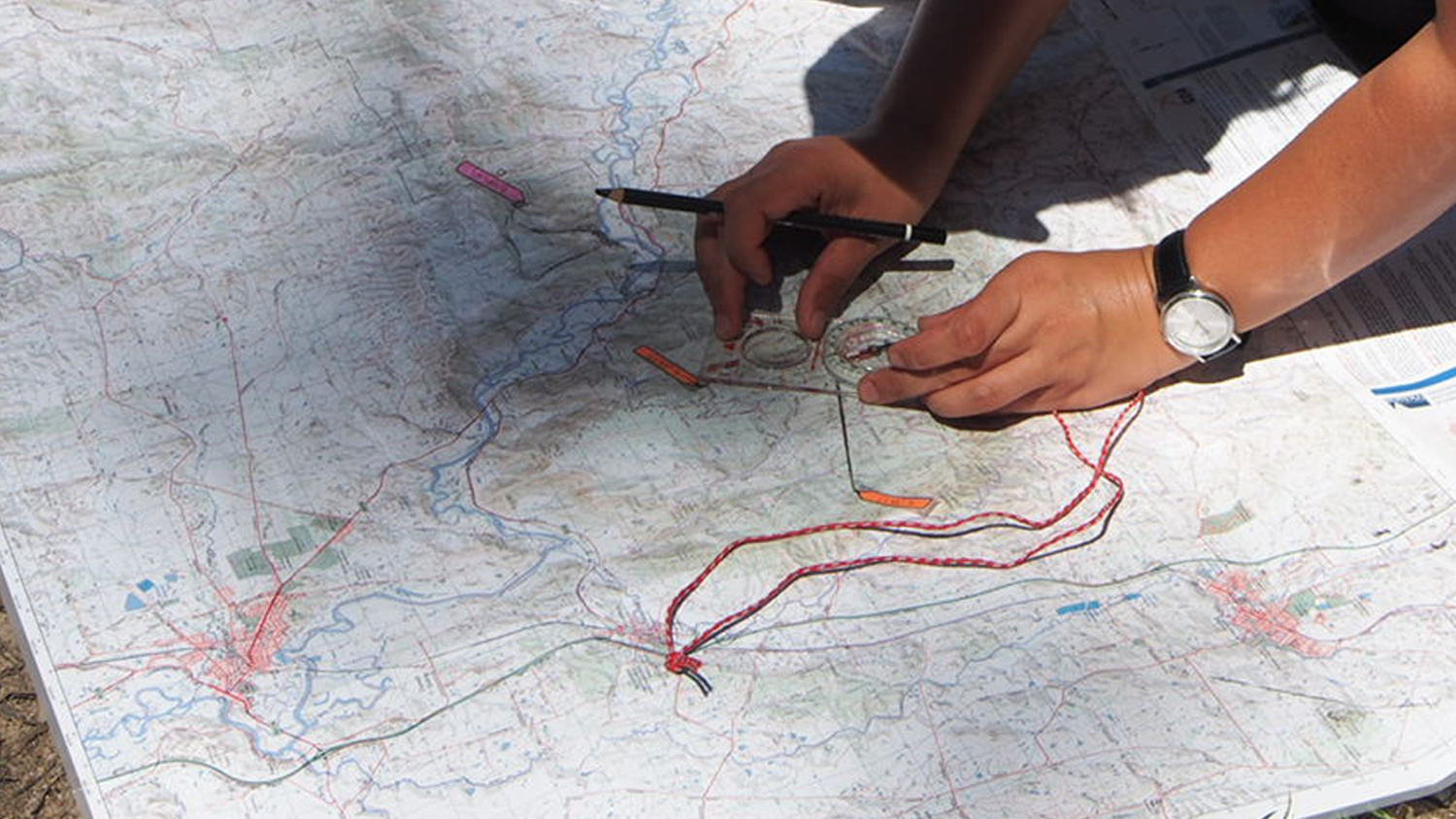Navigating The Unknown: The Compass’s Enduring Value In A Map-Dependent World
Navigating the Unknown: The Compass’s Enduring Value in a Map-Dependent World
Related Articles: Navigating the Unknown: The Compass’s Enduring Value in a Map-Dependent World
Introduction
With great pleasure, we will explore the intriguing topic related to Navigating the Unknown: The Compass’s Enduring Value in a Map-Dependent World. Let’s weave interesting information and offer fresh perspectives to the readers.
Table of Content
Navigating the Unknown: The Compass’s Enduring Value in a Map-Dependent World

In an era dominated by GPS technology and digital maps, the humble compass might seem like a relic of the past. However, the compass’s intrinsic value persists, offering a unique and crucial tool for navigation, particularly in situations where reliance on technology is unreliable or impossible. While maps provide a visual representation of terrain and landmarks, a compass offers a fundamental understanding of direction, empowering individuals to navigate even in unfamiliar environments.
Understanding the Compass: A Primer on Direction
The compass, a simple yet ingenious instrument, operates based on the Earth’s magnetic field. Its needle, freely rotating on a pivot, aligns itself with the Earth’s magnetic north pole, providing a constant reference point for determining direction. This fundamental principle of magnetic alignment forms the bedrock of the compass’s utility, regardless of the presence of a map.
Beyond Maps: The Compass’s Intrinsic Value
While maps offer detailed visual information, they are fundamentally static representations of a dynamic world. They can become outdated, inaccurate, or even unavailable in certain circumstances. A compass, however, remains a reliable tool for establishing and maintaining direction, irrespective of map availability.
Scenarios Where a Compass Shines:
- Off-Grid Adventures: Hiking, camping, and exploring remote areas often take individuals beyond the reach of digital maps and GPS signals. A compass becomes an indispensable tool for maintaining a consistent direction and avoiding getting lost in unfamiliar wilderness.
- Emergency Situations: Natural disasters, power outages, or communication disruptions can render digital maps and GPS systems unusable. A compass, however, remains a reliable tool for navigating towards safety or seeking help in emergency situations.
- Seafaring and Aviation: While modern navigation systems are prevalent in maritime and aviation, a compass remains a crucial backup tool, ensuring safe navigation in case of technological failures or disruptions.
- Orienteering and Scouting: Competitive orienteering and scouting activities rely heavily on compass navigation, requiring participants to locate specific points on a map using compass bearings.
The Art of Compass Navigation: Beyond Simply Pointing North
While a compass provides a constant direction reference, navigating effectively requires understanding its use in conjunction with other navigational tools and techniques:
- Determining Bearings: A compass allows users to determine the precise direction (bearing) to a specific destination, measured in degrees from north.
- Using Landmarks: By identifying and triangulating landmarks with compass bearings, navigators can establish their position and chart a course.
- Understanding Magnetic Declination: The Earth’s magnetic north pole does not coincide with the geographic north pole. Understanding magnetic declination, the angle between magnetic north and true north, is crucial for accurate navigation.
- Combining with Maps: While not essential, using a compass in conjunction with a map enhances navigation accuracy. By plotting a course on a map and using the compass to maintain direction, navigators can efficiently reach their destination.
FAQs on Compass Navigation:
Q: Can a compass work in any location on Earth?
A: While the compass relies on the Earth’s magnetic field, its accuracy can be affected by local magnetic anomalies. These anomalies are relatively rare, and a compass generally functions reliably in most locations.
Q: Is a compass affected by electronic devices?
A: Certain electronic devices, particularly those containing strong magnets, can interfere with compass readings. It’s advisable to keep electronic devices away from the compass while navigating.
Q: How can I ensure my compass is functioning correctly?
A: Regularly calibrate your compass against a known reference point, such as a map or a magnetic north indicator. Observe for any erratic needle movement or unusual readings.
Q: Can a compass be used for night navigation?
A: Yes, a compass can be used for night navigation. However, identifying landmarks and maintaining direction can be challenging in low-light conditions.
Tips for Effective Compass Navigation:
- Choose a reliable compass: Invest in a quality compass with a durable construction and a clear, legible dial.
- Practice using the compass: Familiarize yourself with the compass’s workings and practice navigating using landmarks and bearings.
- Maintain a consistent course: Avoid deviating from your planned course without a clear reason and always reconfirm your direction using the compass.
- Consider the terrain: Factor in terrain features like hills, valleys, and dense vegetation, which can affect compass readings and navigation.
- Carry a backup compass: In case of malfunction or loss, having a backup compass can prevent navigational mishaps.
Conclusion: A Timeless Tool for Navigating the Unknown
In a world increasingly reliant on digital technology, the compass stands as a testament to the enduring value of simple, yet fundamental tools. Its ability to provide a constant reference point for direction, independent of maps or digital systems, makes it an invaluable asset for navigating the unknown. Whether venturing into the wilderness, navigating an emergency situation, or simply seeking a deeper understanding of the world around us, the compass remains a timeless tool for navigating the complexities of our physical environment.







Closure
Thus, we hope this article has provided valuable insights into Navigating the Unknown: The Compass’s Enduring Value in a Map-Dependent World. We thank you for taking the time to read this article. See you in our next article!
